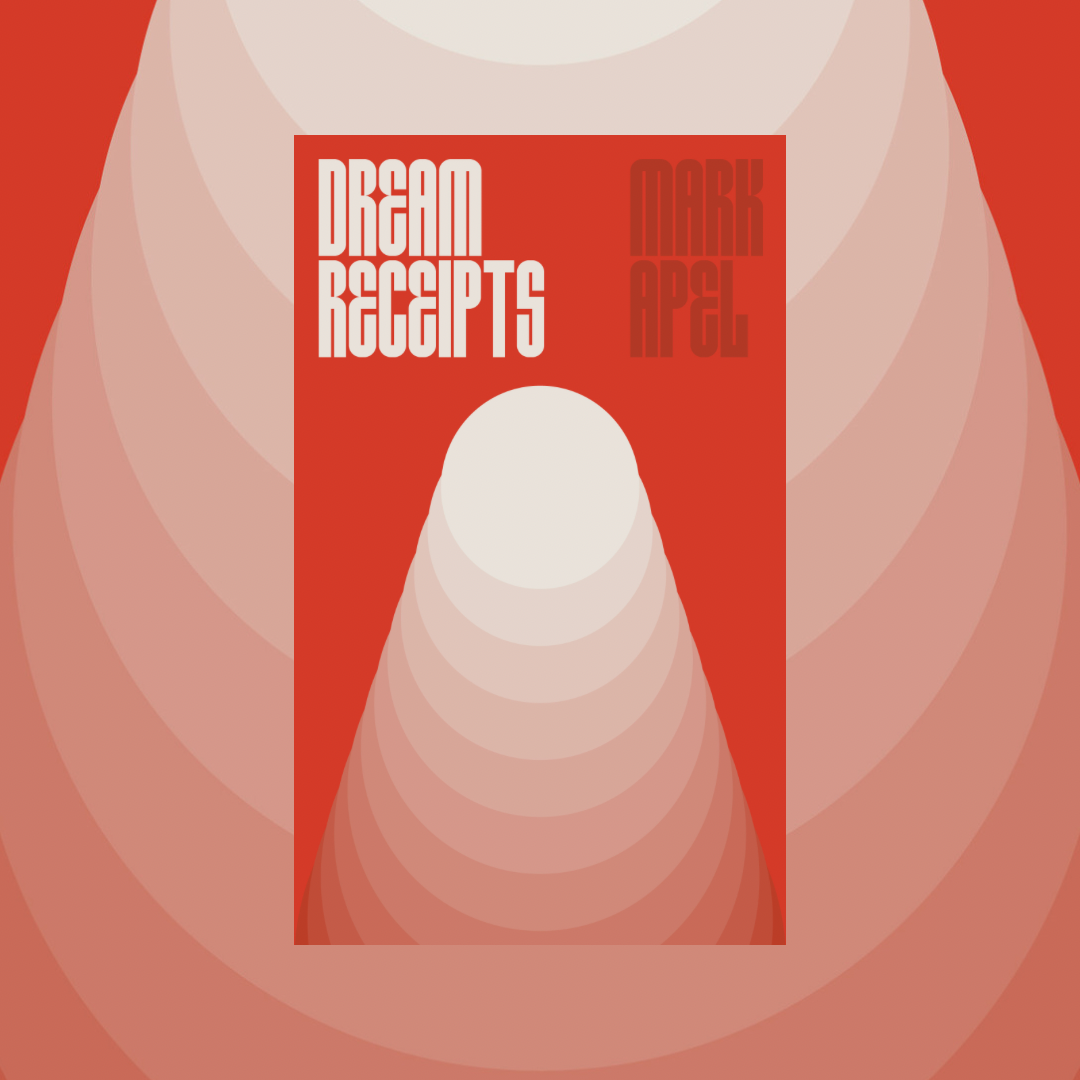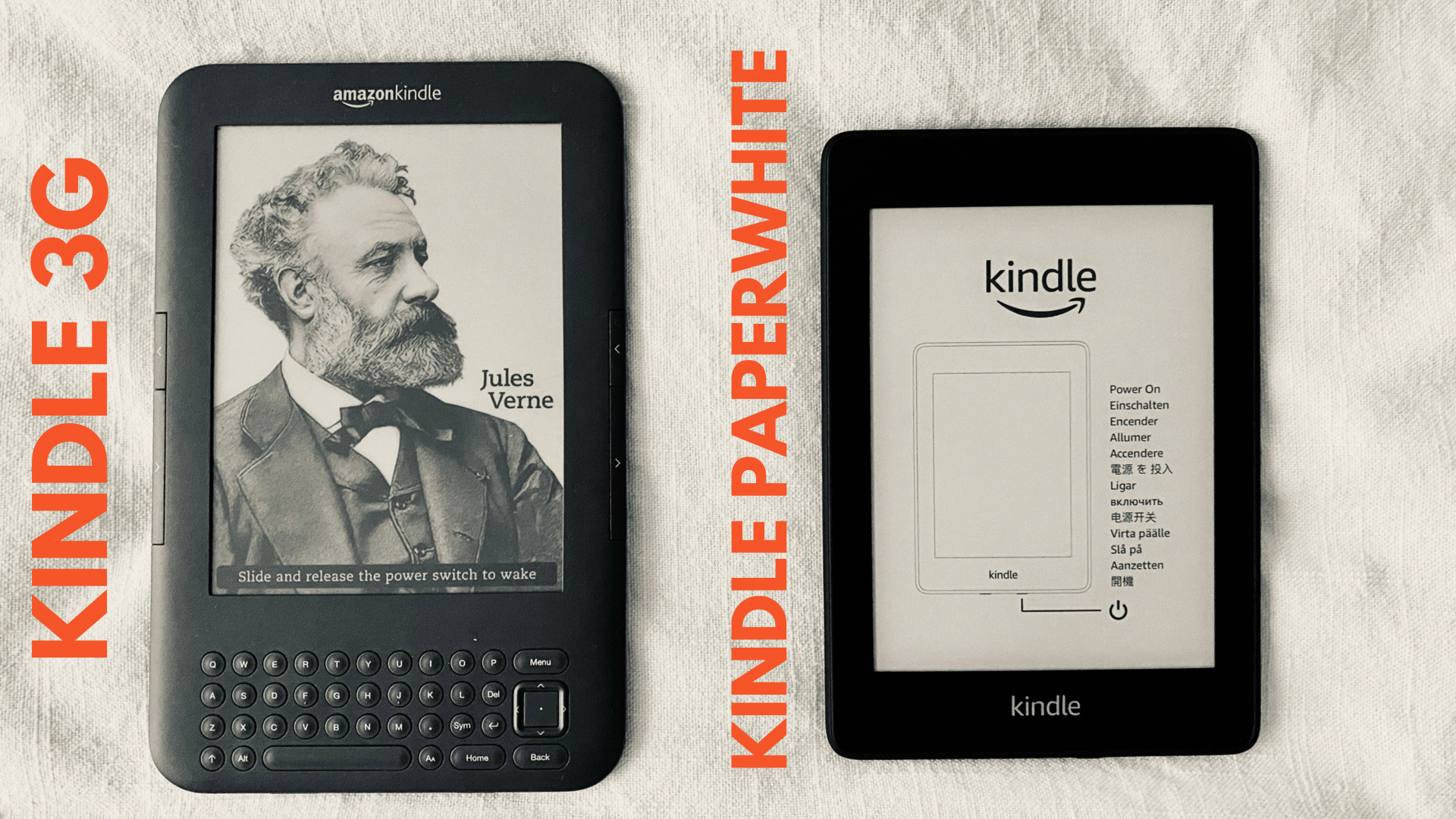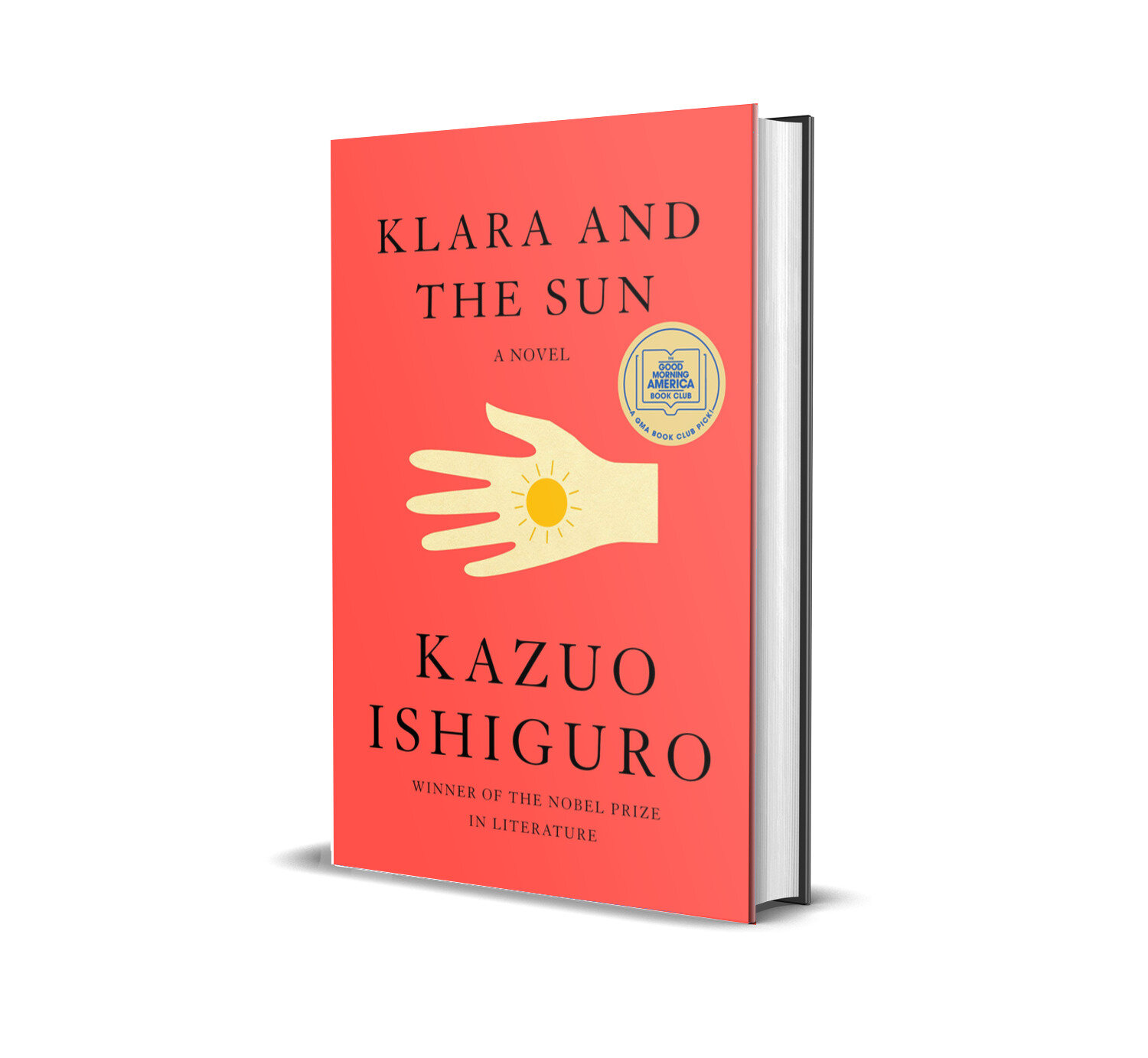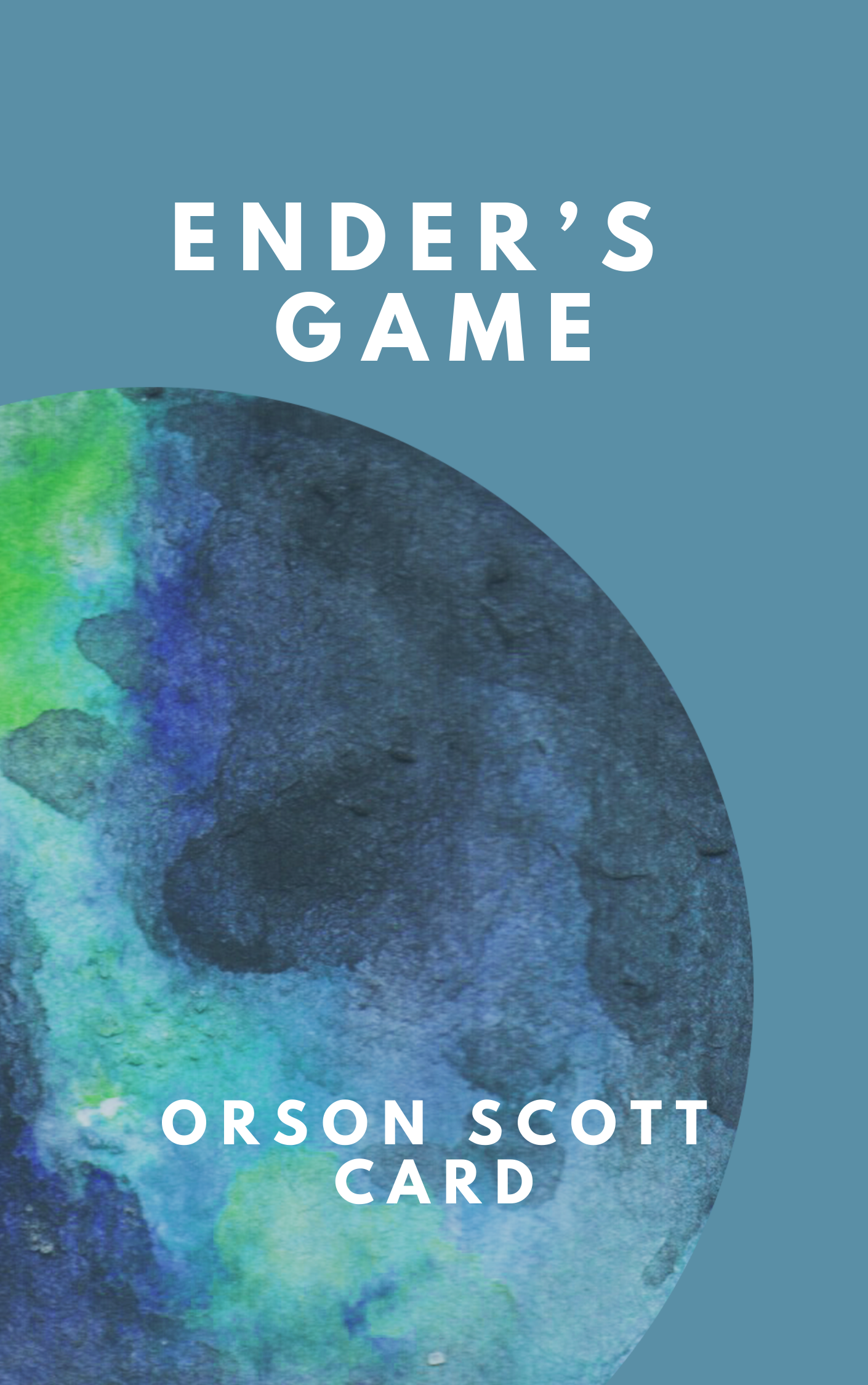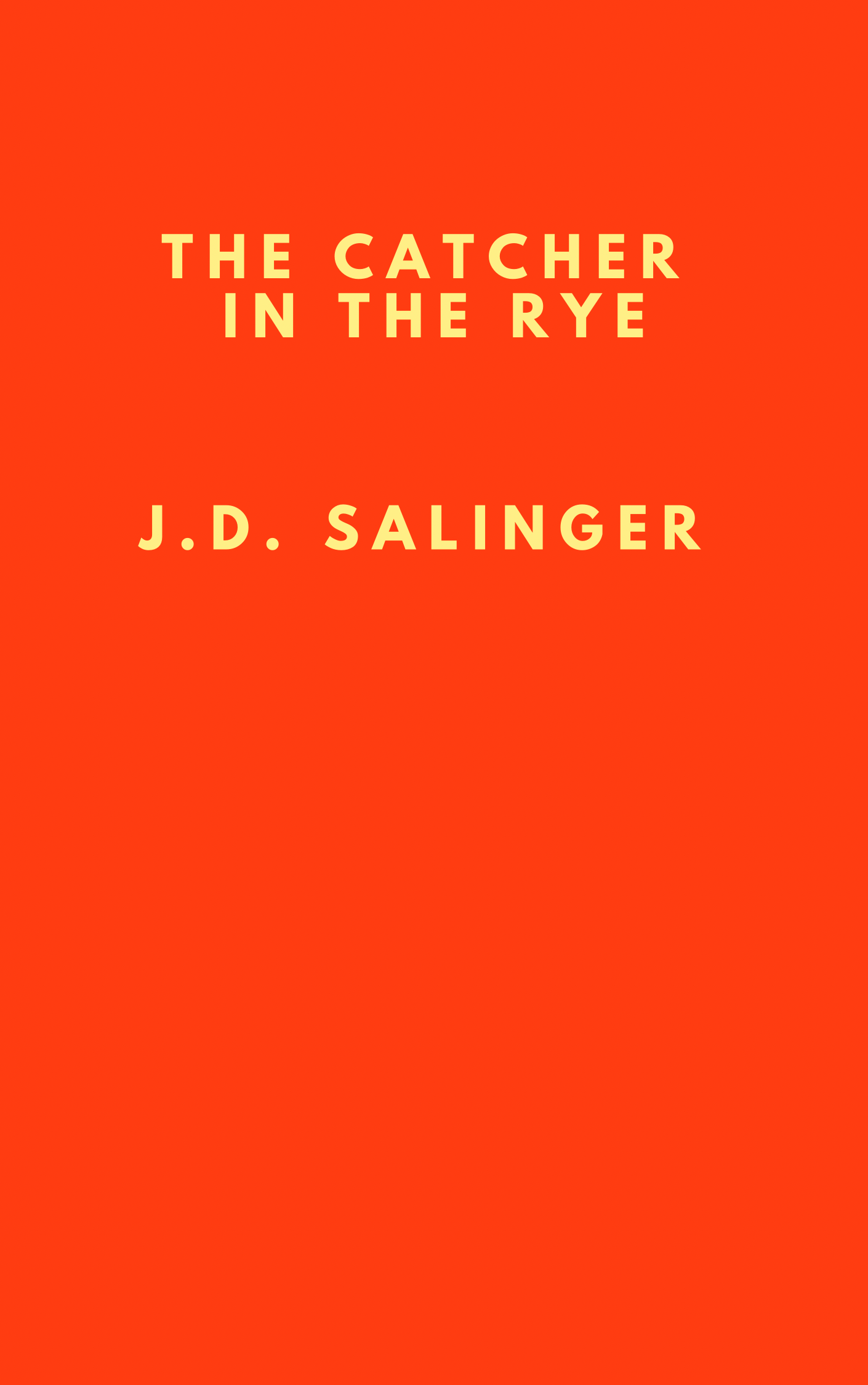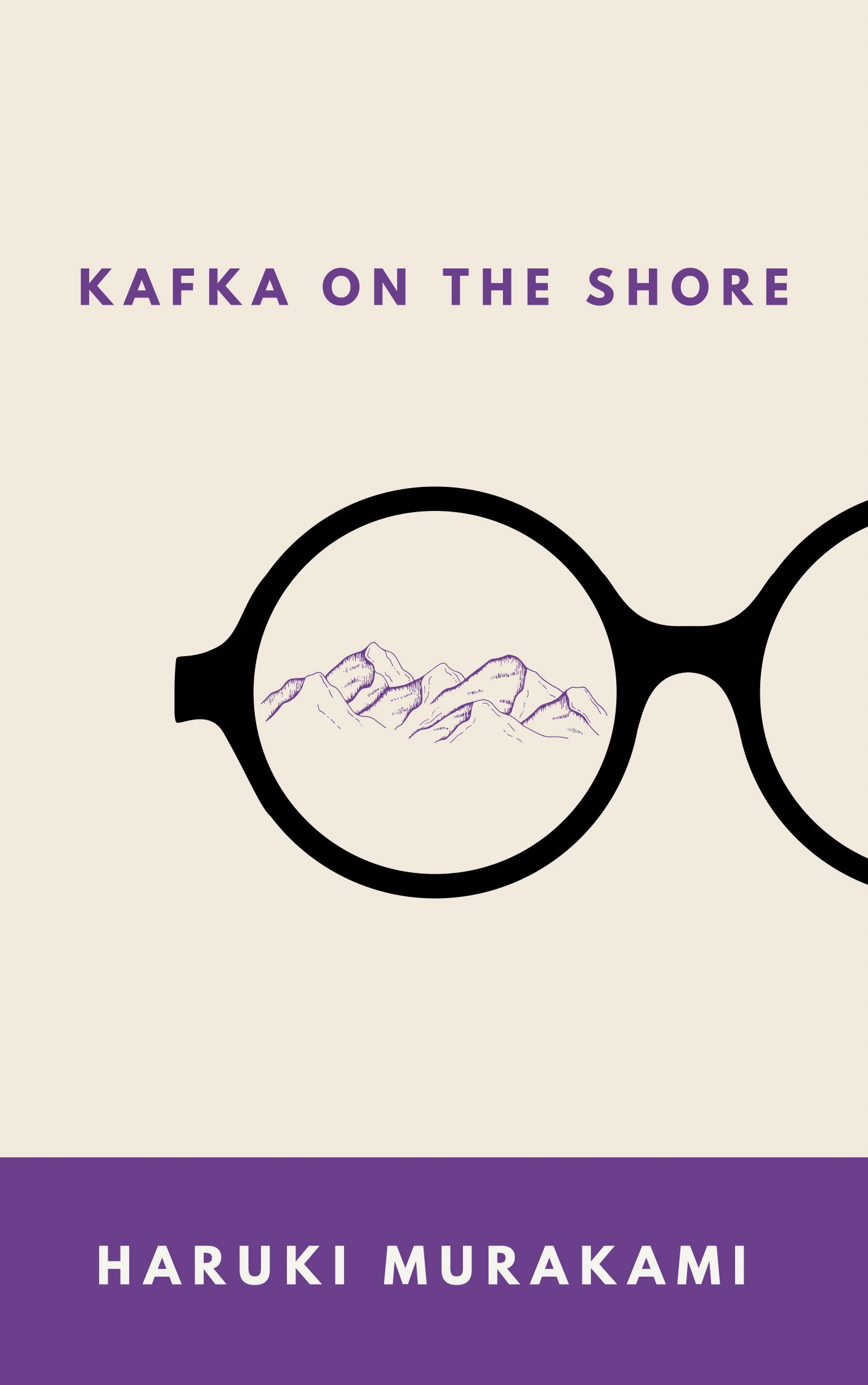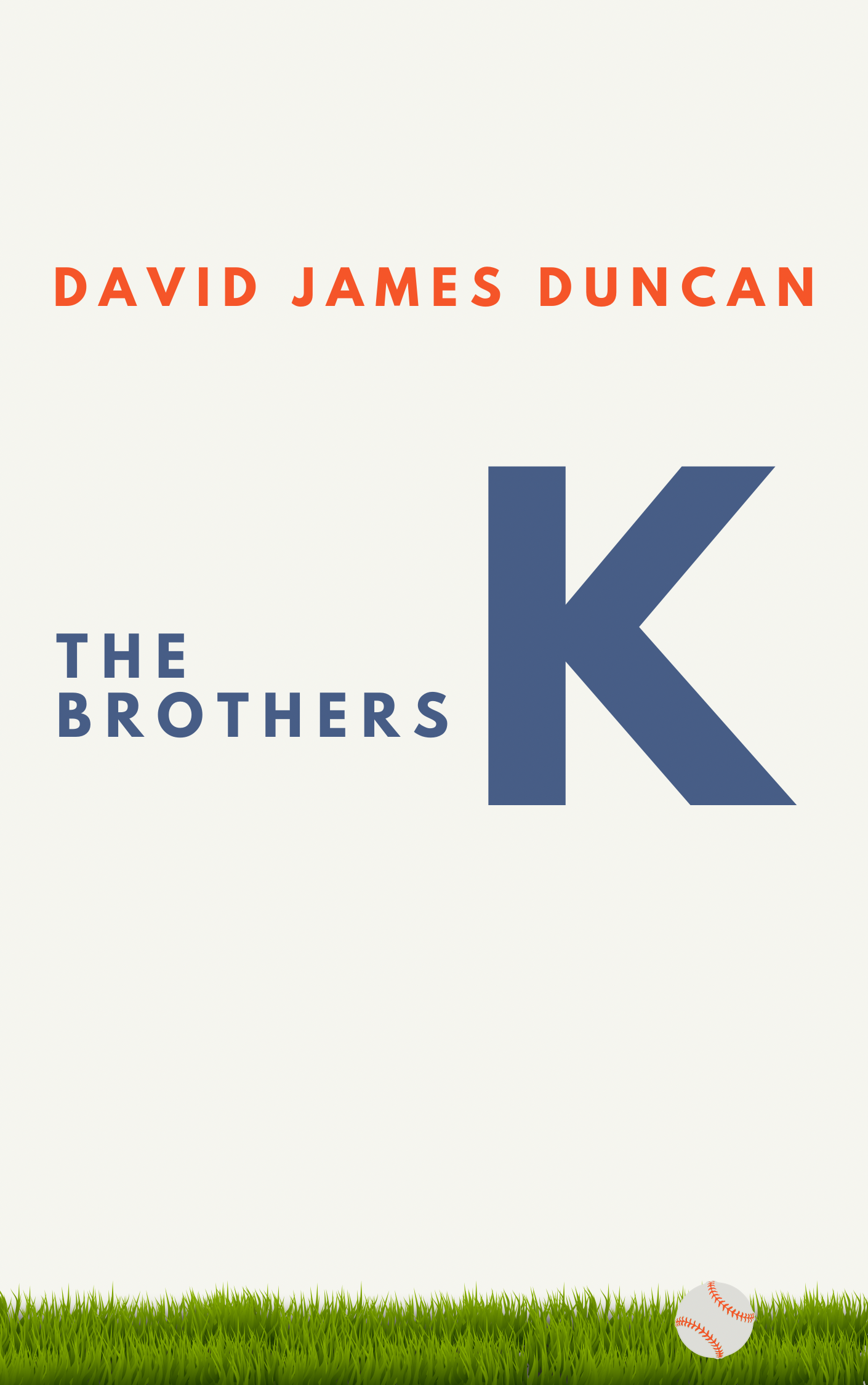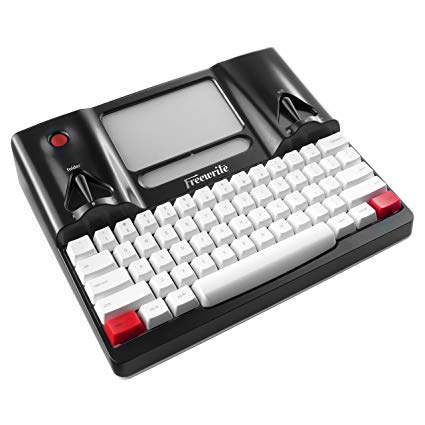It came to me in a dream. It is a bit cliche, but the idea for my first novel came to me in a dream. And like all good dreams, it made no sense. It took place in a friend’s old apartment. It was dark, and some sort of man/fish/alien was waiting for me in a La-Z-Boy recliner.
That was the spark. I started messing around with this idea of a sci-fi adventure story that took place in one of the most magical places on this great planet...Galveston, Texas. I grew up going to Galveston. In elementary school, I was a part of a class trip to Galveston, where we spent multiple days learning its history and eating cheap seafood. Naturally, this would be the backdrop to my first novel. It just felt right.
I have been writing this book for over eleven years and it started with a lot of initial energy. The words came fast and once I finished the first chapter, that was it. Stalled. I would attempt the second and couldn’t get it right. The problem was, I didn't know what I was doing.
“Plotter” Versus “Pantser”
The idea of being a “plotter” versus a “pantser” never crossed my mind in these early days. I was just trying to write something good, fun, and readable. My problem was I would start writing different parts of the novel, forget what I wrote, and create even worse problems for myself down the line. I even had some characters with two different names. I needed to find a way to structure my story without losing the freedom to discover along the way.
As I am sure they have targeted you with these same ads, I saw a video for a Masterclass from James Patterson. I knew his name, but to this day I have never read his books. (Ok, one time I bought one of his books second-hand and couldn’t get into it.) But I took a chance and spent some money on my first writing class and it was worth every penny. It was like being in school again, but it didn’t suck.
One of the most valuable things I learned from James was his way of outlining a book. Until this point I was writing by the seat of my pants, i.e. “pantser.'' But this Masterclass taught me how to take some time and actually build out a story. It was simple: Write “scene one” and underneath that, write a brief description of what you thought might happen, followed by scene two and so on. I put my big ideas down on paper and could see where my plot holes were. I still consider myself a discovery writer, figuring out the story as I go, but outlining a story gave me a trellis for my creative vines to push against.
So I plugged away on my computer trying to create chapters in Google Docs on my Macbook. There were many days that the desire to write was so strong, but I would sit down to only feel creatively dry, distracted, and confused about what I was even doing. Imposter Syndrome is a real thing and I would feel it deeply when I sat down to write. I feel it now as I am writing this, knowing that you might actually read it and figure out that I am an idiot!
A New Tool Is The Best Tool
Here is something I have learned about creating stuff. Sometimes, the best tool is a new tool. It was a few years ago that I found myself in this creative limbo. And again, I got targeted by an ad for a distraction-free writing device called the Freewrite by Astrohaus. It is a beautiful device with a hefty price tag that I wrote about here if you care to read it. In that same article, I talk about a cheaper alternative to the Freewrite, the Alphasmart Neo, upon which I am typing this very article. I found one on eBay for around $30 shipped. As soon as it arrived, I started typing away and could not stop. My novel went from around 15,000 words to around 45,000 within a matter of weeks. It’s hard to remember the exact numbers now, but I was writing between 2,500 to 4,000 words a day, multiple days in a row on this little machine. It was incredible. This electronic typewriter would sit on my desk and beg to be typed on. Our brains love new ways to complete tasks, so if you ever feel stuck, consider coming at it from a different angle with an ax instead of a hammer. The Alphasmart has changed the way I write and made this novel a reality.
A Finished Draft
So this brings me up today. I now have a finished book, and let me tell you that is a feeling like no other. Regardless of how long it took, to have finished a project that felt so lofty feels good. I am currently in the editing phase of this book. I have had a handful of people read it as beta readers and report back with some great feedback. (You know who you are, and you are outstanding.) I have an editor picked out and I am excited to have her editing skills on my side.
Making Mistakes And Taking Names
Recently, I commissioned a book cover from a professional book cover designer. I got the final proof a couple of weeks ago and it's exciting to have something to look at that represents this book. They say don’t judge a book by its cover, but we all do and it is very important to have something eye-catching. Here is something I did wrong. I spent some money on a book cover, knowing it would push me to get this book into the world. My mistake was, without the book professionally edited, I don’t know my final word count. This also means that my spine width for the book is yet to be determined, which has halted the process entirely. Smooth move, dude! These are the lessons I am learning and I love learning them. Making mistakes, while super frustrating, is actually super rewarding. As I am getting ready to write my second book in this series, I knew first to start with a basic outline. Thank you, Mr. Patterson. I got my main ideas down so that when I sat down to write, I could let the story go where it needed to go with a foundation to press against along the way. I also know to get the sequel edited before I put a pretty cover on it! Seems obvious now, but at the moment, I thought I was a genius.
In Conclusion
Despite the mistakes along the way, I am more than happy to find myself at this stage in the novel-writing and publishing process. I am learning new things every day about gaining an audience and how to market books online. I feel like a phony every single day, knowing the world will look behind the curtain and see me making a fool of myself. And I guess that is exactly what I want: To learn about this industry, publish this book, and for people to see me as the idiot I really am.


